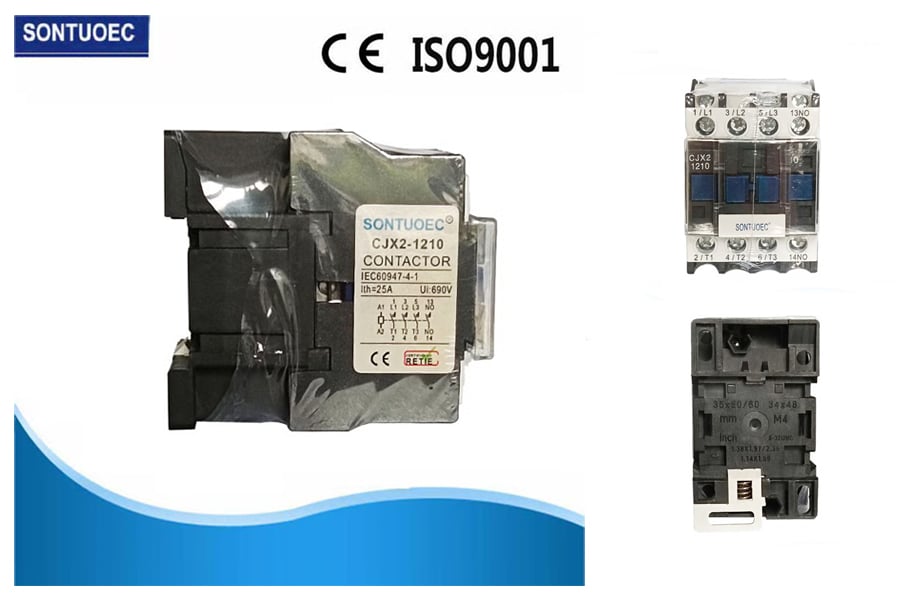IEC contactors are essential components in control systems, responsible for switching and controlling electrical power circuits. These devices play a crucial role in the operation of various industrial applications, ensuring the reliable functioning of machines and equipment.
Types of IEC Contactors
There are several types of IEC contactors available, including AC contactors, DC contactors, and reversing contactors. Each type serves a specific purpose and is designed to meet the requirements of different applications. Understanding the differences between these types is crucial for selecting the right contactor for your system.
Features and Specifications
IEC contactors come in various sizes and configurations, with different voltage and current ratings. They are designed to operate in harsh industrial environments, with features such as high mechanical durability, corrosion resistance, and reliable performance. These devices are built to withstand the rigors of industrial applications.
Installation and Maintenance
Proper installation and maintenance of IEC contactors are essential for ensuring optimal performance and longevity. It is important to follow the manufacturer's guidelines and recommendations when installing these devices. Regular maintenance checks and inspections can help identify any issues early on and prevent downtime.
Applications of IEC Contactors
IEC contactors are used in a wide range of applications, including motor control, lighting control, heating and cooling systems, and industrial machinery. These devices are vital for controlling the flow of electricity in various systems and ensuring the safe and efficient operation of equipment.
Advantages of Using IEC Contactors
One of the main advantages of using IEC contactors is their reliability and durability. These devices are built to withstand harsh operating conditions and provide consistent performance over a long lifespan. Additionally, IEC contactors are cost-effective solutions for controlling electrical circuits in industrial settings.
IEC Contactors vs. NEMA Contactors
While both IEC and NEMA contactors serve similar purposes, there are some key differences between the two. IEC contactors are more commonly used in European countries, while NEMA contactors are preferred in North America. Understanding the differences between these two types can help you choose the right contactor for your specific needs.
Common Issues and Troubleshooting
Like any electrical component, IEC contactors can experience issues such as contact welding, coil burnout, or contactor chatter. Understanding common problems and troubleshooting techniques can help you quickly resolve issues and prevent downtime in your system.
IEC Contactors in Industry 4.0
With the rise of Industry 4.0 and the increasing adoption of automation and smart technologies, IEC contactors play a crucial role in modern industrial systems. These devices are essential for integrating different components and ensuring seamless communication between machines and control systems.
Future Trends and Innovations
As technology continues to advance, we can expect to see new developments in IEC contactors, such as enhanced connectivity, remote monitoring capabilities, and improved energy efficiency. Keeping up with the latest trends and innovations in the field of IEC contactors can help you stay ahead of the curve in your industry.
Quote Inquiry
contact us

